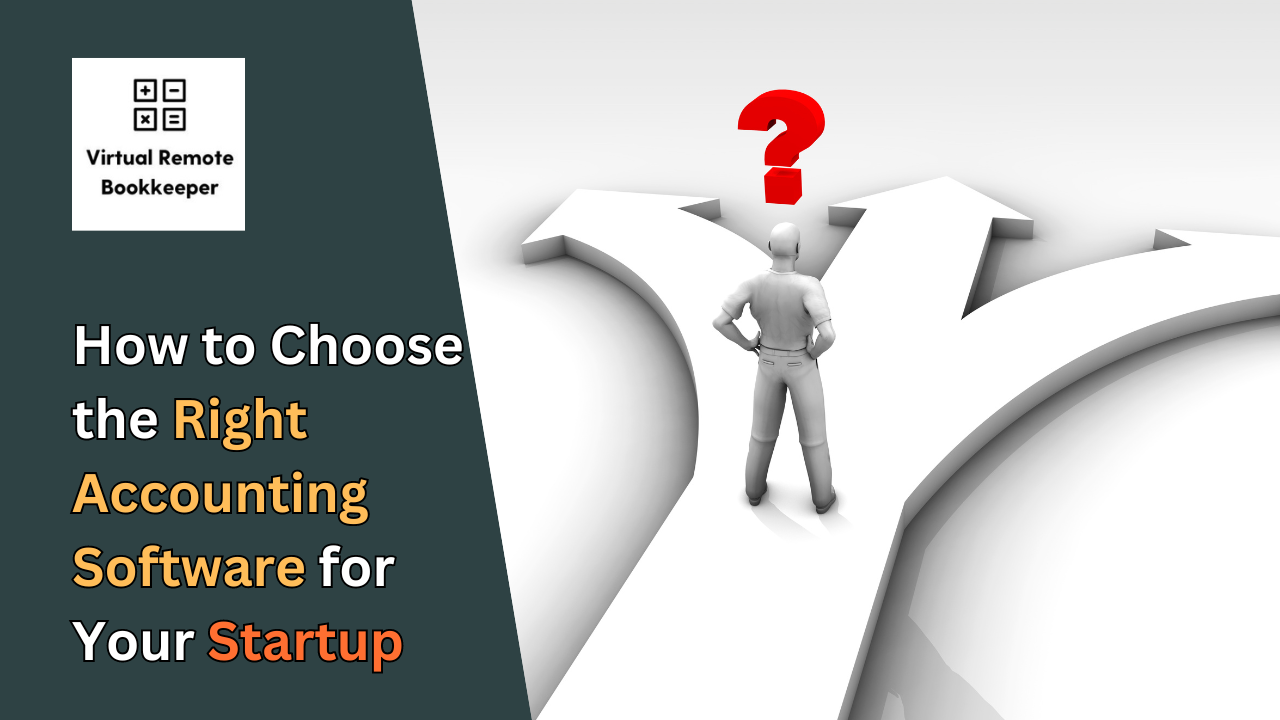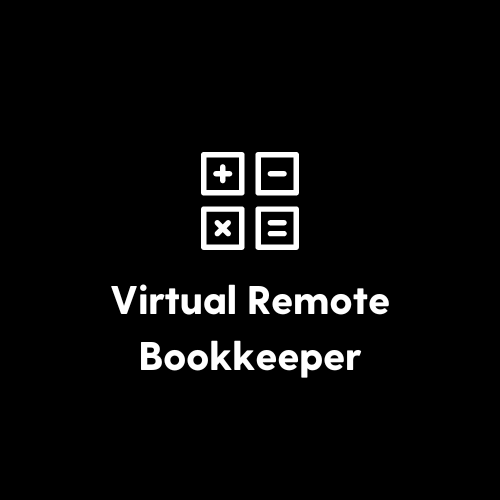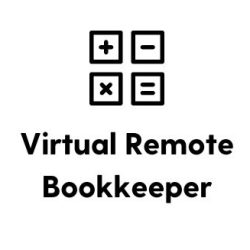
As a startup owner, managing your finances efficiently is crucial for growth. One of the first key decisions you’ll need to make is selecting the right accounting software. But with countless options available, how do you choose the best fit for your startup? In this guide, we’ll break down the critical factors to consider when picking the right accounting software, ensuring your business thrives financially from the start.
Why Is Accounting Software Important for Startups?
Accounting software simplifies financial management by automating processes like bookkeeping, invoicing, payroll, and tax filing. Startups benefit from the accuracy, time-saving automation, and financial insights that allow you to focus on scaling your business. However, selecting the wrong software can cause unnecessary headaches, from usability issues to integration problems.
Key Features to Look for in Accounting Software
- Ease of Use Startups often operate with small teams, so simplicity is key. Opt for software that’s intuitive and doesn’t require extensive accounting knowledge. Software with a user-friendly interface can save time and reduce errors.
- Scalability Your startup might be small today, but it will grow. Choose software that can scale with your business, accommodating more complex accounting needs as your business expands. Ensure the software offers advanced features that can be unlocked when necessary, such as inventory management, multi-user access, or international billing.
- Automation Automation can save you countless hours, allowing you to focus on your core business activities. Look for features like automatic expense categorization, bank reconciliation, and recurring billing that can streamline your workflow.
- Integration Startups often rely on various tools, from CRM systems to eCommerce platforms. Choose accounting software that seamlessly integrates with your existing systems. This not only saves time but ensures you have a complete view of your finances in one place.
- Security Financial data is sensitive, so security should be a top priority. Ensure the software uses encryption, offers multi-factor authentication, and complies with relevant data protection laws. Cloud-based options often come with robust security features, but make sure the provider is reliable.
- Cost Budget is a major concern for startups, so evaluate both the short-term and long-term costs of the software. Some programs offer a basic free version with the option to upgrade as you grow, while others require a subscription. Weigh the cost against the features provided and ensure the software provides value for your money.
- Customer Support As a startup, you might need help with setup or troubleshooting issues. Look for accounting software with responsive and helpful customer support, including chat, email, and phone options. Some platforms also offer extensive knowledge bases, tutorials, and community forums.

Popular Accounting Software for Startups
Here are some popular accounting software options suited for startups:
- QuickBooks Online Known for its versatility and ease of use, QuickBooks is a popular choice among startups. It offers a wide range of features, from basic bookkeeping to more advanced accounting needs.
- Xero Xero is another top choice for startups. With robust integration options, Xero provides a seamless experience for startups using other tools like payment gateways or eCommerce platforms.
- Wave Ideal for small startups on a tight budget, Wave offers a free version with essential accounting features like invoicing, receipt scanning, and more.
- FreshBooks FreshBooks focuses on invoicing and time tracking, making it a great option for service-based startups or freelancers. It also provides strong integration options and is easy to use.
Steps to Choose the Best Software
- Identify Your Needs
Start by listing the specific features your business requires. Do you need multi-currency support? Are you looking for strong inventory management? Make sure the software you choose aligns with these needs. - Compare Options
Once you’ve identified your needs, compare several accounting software platforms. Look for online reviews, pricing, customer support, and integration options. - Take Advantage of Free Trials
Most accounting software companies offer free trials. Use these to explore the features and interface of each platform. This will help you understand how well it suits your startup’s needs. - Consult with an Expert
Sometimes it’s best to consult a financial expert or bookkeeper to help you choose the right software. They can offer insights into how different platforms perform and which ones would fit your business best.
Conclusion
Choosing the right accounting software for your startup can make all the difference in keeping your finances organized and accurate. By focusing on ease of use, scalability, automation, and security, you can select a platform that meets your business needs today and supports your growth in the future. Don’t rush the decision – take your time to explore different options, consult experts, and consider the long-term benefits.


